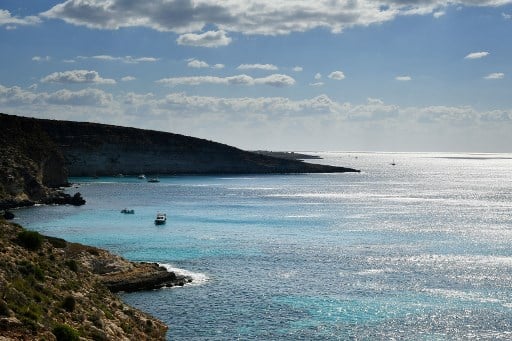The three men – Bosnian Petar Matic, Macedonian Miljazin Gafuri and Italian Marco Vallisay – went missing on Saturday.
Italy's foreign ministry said the Bosnian and Macedonian had been released and brought to the Italian embassy in the western port city of Zuwara.
Rome will continue with "all activities…to reach as soon as possible a positive solution for our compatriot," the ministry said.
The trio were working for Italian construction company Piacentini Costruzioni on the modernization of the port at Zuwara, a project worth some €37 million.
Authorities in Sarajevo and Skopje confirmed the release of their nationals.
Libya has been awash with weapons since the end of the uprising against Muammar Qaddafi and has been gripped by increasing lawlessness.
Diplomats in Tripoli say militias who took part in the revolt now often carry out kidnappings to blackmail other countries into releasing Libyans they hold.
Previous abductions this year saw a Tunisian diplomat and fellow embassy staffer and the Jordanian ambassador to the country kidnapped in separate attacks.
The Tunisians were released after months in captivity, while the ambassador, seized by masked gunmen in April, was freed after a month in exchange for a Libyan jihadist who was sent to serve the rest of his prison sentence at home.
Another Italian engineer, Gianluca Salviato, who disappeared in Libya last March, remains missing.



 Please whitelist us to continue reading.
Please whitelist us to continue reading.
Member comments